The single most important step you can take to have a successful postpartum recovery, is to follow a healing postpartum diet. During this very delicate period of postpartum transition, it is more important than ever to eat healthy. It not only affects your recovery directly, but it also affects the health and well-being of your little one. You want your milk to be abundant, digestible and full of nutrition, right? You don’t want your baby to go through the relentless pains of baby colic, do you? There is a science to achieving this, and salad is not on the menu.
Unfortunately, postpartum care has not been given the importance it deserves in our modern healthcare system. Even among the health conscious, there isn’t a lot of awareness on how to eat a truly healthy postpartum diet. Eating casseroles out of the freezer isn’t going to work out well for you, I promise. Lucky for us, Ayurveda has the answers we are looking for. In this guide, I have outlined all of the necessary guidelines of a healing postpartum diet, follow them and enjoy postpartum bliss.
Digestion
Having strong digestion is the foundation of strong postpartum recovery and digestible breast milk. This takes effort to achieve and doesn’t just happen by itself. Birthing expends a tremendous amount of energy from the body, and consequently, the digestion becomes weak. On top of that, it takes time for your displaced organs to regain their pre-pregnancy condition, which adds another degree of sensitivity to your digestion. In reality, your digestion will be almost as sensitive as your newborns’. Just as you would never feed your baby frozen pizza, you should steer clear of such foods in your postpartum diet as well.
Qualities of Foods that Promote Postpartum Digestion & Rejuvenation
- Sweet/sour/salty tastes – Foods with these tastes build tissue and promote rejuvenation
- Soft/soupy/oily – Focusing on foods with these qualities will ensure a certain level of digestibility
- Always fresh – Eating frozen, canned and leftover foods will be difficult to digest and will not promote postpartum health
- Vegetarian – Meat holds the energy of heaviness and decay. For this reason, it is difficult on digestion and rejuvenation. If you are not comfortable eating a vegetarian postpartum diet, than focus on chicken and fish (bone broth) soups
- Well spiced – Some people believe that you need to eat a bland postpartum diet. Nothing could be further from the truth. Although it is important to stay away from hot chilies, onion and raw garlic, most seasonings stimulate digestion and some even promote lactation!
- Well cooked – Food should be warm and cooked thoroughly with extra water and oil. Sweet fruits can be taken raw.
- Iron-rich – Dark sugars like molasses, maple syrup and unprocessed cane and coconut sugars give energy, as well as build the blood after birth. Dates, figs, tamarind and red grapes are also good examples of iron-rich foods
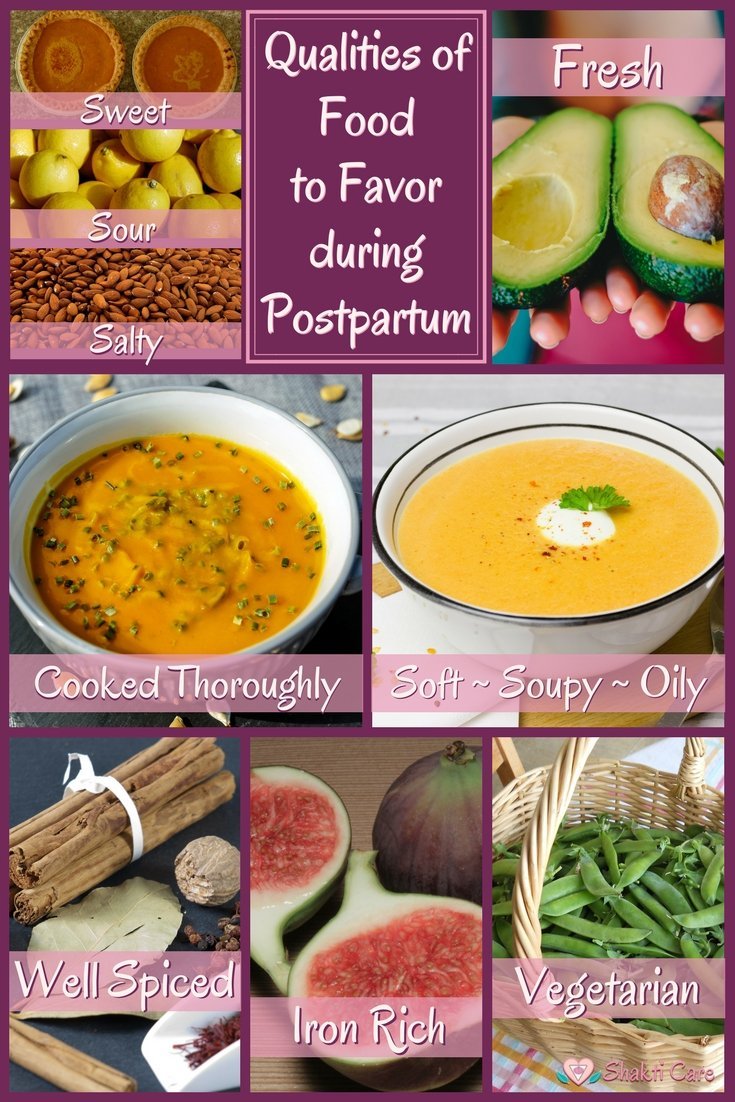
Food Combining
Proper food combinations is an important consideration in maintaining postpartum digestive health. Not all foods digest at the same rate. Take watermelon and hot dogs for example (summer barbecue, yikes!). Watermelon digests in about 20 minutes, whereas hot dogs take about 3 hours or longer. Guess what happens in your stomach when you mix these two foods together? Gas, bloating and toxic buildup. If your body has a hard time processing foods, your milk will also be hard to digest for your newborn, which can easily snowball into colic. Here are some basic food combining rules:
- Eat fruit by itself – allow 45 minutes digestion before eating other foods, and allow 3 hours after meals before eating fruit
- Milk is best by itself – it can work OK with sweet grains, but stay away from mixing it with salt.
- Don’t mix meat, eggs and dairy – different types of animal protein don’t mix well together and should be eaten separately.
Healthy Oils
You can’t eat too much healthy fat postpartum. Throughout the process of birth and nursing, there is a tremendous amount of fluid loss, and therefore the tissues become dry and depleted. It is very important to saturate the body with healthy, postpartum appropriate oils on the inside and out (think postnatal oil massage). Eating a significant amount healthy fats in your postpartum diet rejuvenates your tissues, promotes healthy bowel movements, soothes the emotions and promotes healthy digestion.
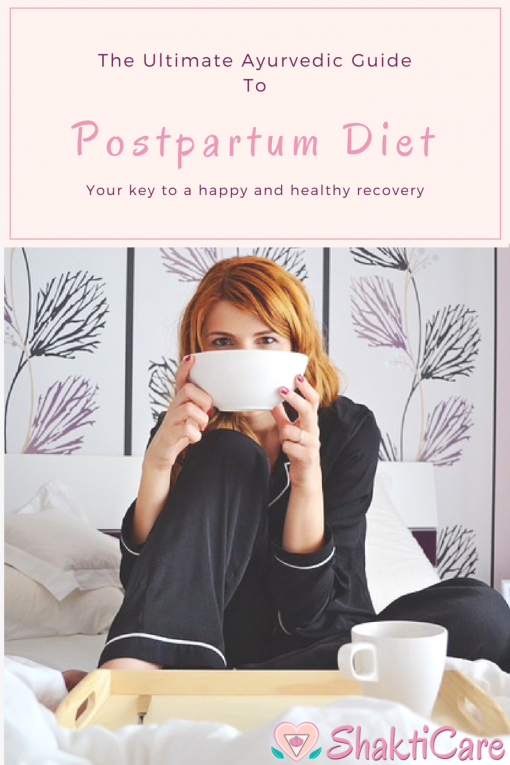
Ghee
Also known as clarified butter, ghee is a pure oil that is made by simmering all of the water out of unsalted butter and straining it through fine cheesecloth. It has no lactose, and is therefore suitable for those who are lactose intolerant. Ghee is considered a potent healing medicine in Ayurveda, and is known to balance hormones, lubricate connective tissue and improve digestion, as well as nourish the immune system, vital life force and cellular intelligence. Because of its multiple healing properties, ghee is the preferred postpartum oil. Don’t be shy to add heaping tablespoons to all your meals! Use caution with high cholesterol, candida and obesity. Click here to learn how to make your own!
Unrefined Sesame Oil
Unrefined sesame oil is a great alternative to ghee for vegans or for those who ghee is not suitable. Sesame oil is heating, penetrating and full of nutrients. It soothes the nerves and works wonders at improving strength after birth. I recommend using unrefined sesame oil, in order to access all of the benefits this magical seed has to offer.
Healing Foods for the Postpartum Diet
- Proteins – Boiled milk, unfermented cheeses (cottage, ricotta, fresh paneer), sesame seeds, almonds, split mung dhal/beans, urad dhal, soaked and pureed beans, garbanzo flour, quinoa, amaranth, chicken/fish soups
- Carbohydrates – Basmati rice, unleavened wheat, tapioca, oats, yams and sweet potatoes
- Vegetables – Asparagus, beets, carrots, summer squash, winter squash, artichoke, okra, fennel bulb, fenugreek leaves, and dark leafy greens
- Fruits – Sweet fresh fruits and juices, dates, avocado, coconut, lemon and lime
- Seasonings – Basil, cumin, clove, citrus peel, cardamom, cinnamon, fennel, fenugreek, licorice, minced garlic browned in ghee, ginger, marjoram, nutmeg, black pepper, paprika, dill, tamarind, tarragon, turmeric, ajwain, asafoetida, saffron, vanilla beans and a little cayenne and black mustard
- Sweeteners – Molasses, raw cane sugar, coconut sugar, maple syrup and jaggery
- Fats – Ghee, butter, sesame oil, olive oil, coconut milk and avocado
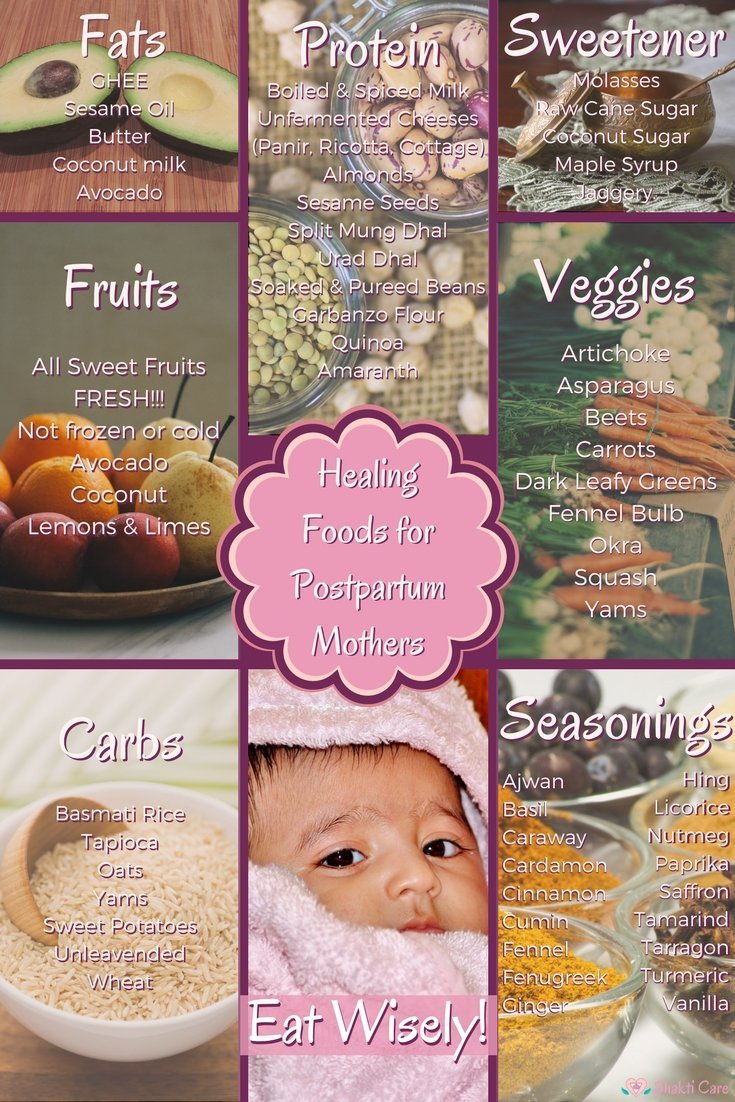
Postpartum Rejects
- Dry foods – dried fruit, crackers, rice cakes and potato chips
- Cold/raw foods – salads, sprouts, cold drinks, cold smoothies and ice cream
- Fermented foods – leavened breads, vinegar, miso, tempeh, sauerkraut, soy sauce, pickles
- Spicy foods – chili peppers, jalapeno (small amounts of cayenne is OK)
- Brassicas – Cabbage, cauliflower, broccoli, mustard
- Nightshades – Eggplant, peppers, potato, tomato
- Mushrooms – stay away from fungi in general
- Frozen foods & left-overs
- Chocolate, coffee, alcohol, & soda/carbonated beverages
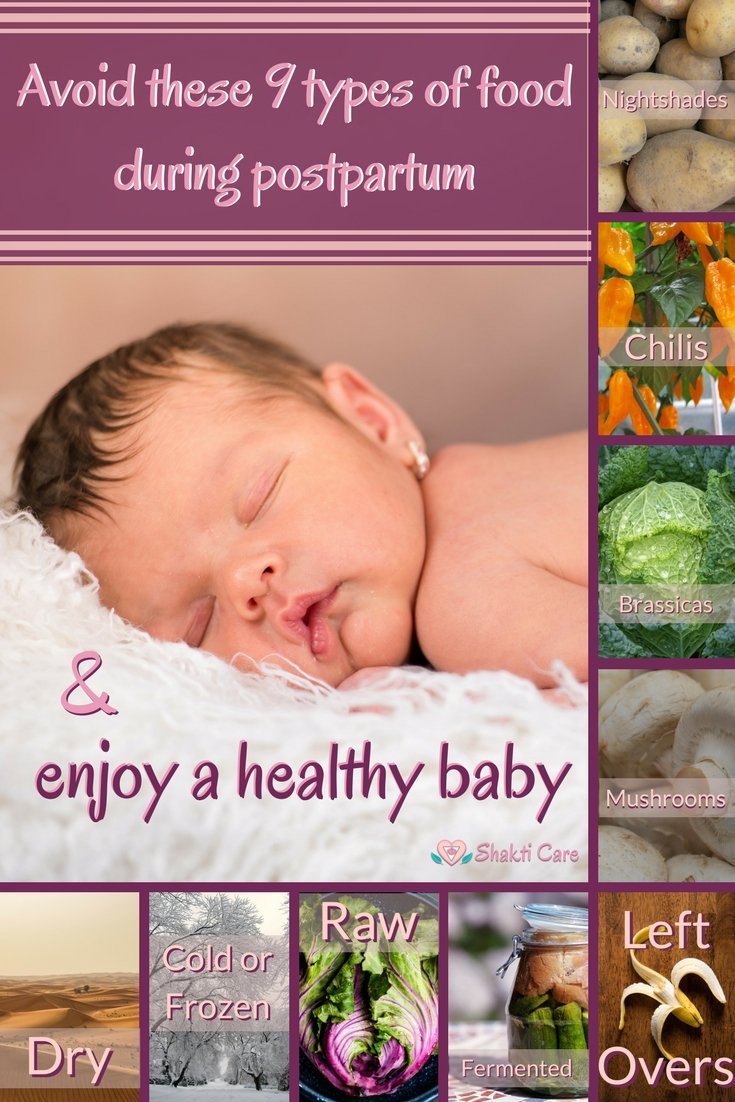
The First 10 Days
During the first 10 days postpartum, your diet should be focused on cleansing from the birth, building digestive fire and lactation. Everything you eat should be soupy, hot, oily and moist. Make sure to cook your grains and soups with more water than you normally would, and for longer. Your rice shouldn’t look like rice, it should look like mush! Use vegetables with caution during this time. They all have a level of astringency, which is difficult to process at first. Spend some days building up your digestive fire before introducing vegetables.
Days 10-21
After the first 10 days, the focus shifts away from cleansing and moves towards rebuilding tissues, and strengthening digestion and lactation. Continue eating foods that are oily, soupy and hot, as well as adding more vegetables, grains (not so mushy) and stews. Food gets more interesting at this stage, and can include some soft fresh cheeses, juice and even buttery shortbread~yum!
Days 21-42
During this final phase of your postpartum window, your focus is mainly on your strong rejuvenation (as well as digestion and lactation). Your postpartum diet can now expand to a larger variety of foods, which can each hold their own identity on your plate (you have now graduated from solely mushy foods)!
Mama’s Menu Postpartum Cookbook
Want to know the best foods for postpartum healing with easy to follow recipes?
Based on the principles of Ayurveda, Mama’s Menu cookbook will guide you step-by-step through each phase of your postpartum recovery with carefully curated recipes for optimal rejuvenation and digestible breast milk.
Transitioning Away from the Postpartum Diet
After your 42 day postpartum window is complete, it is important to transition gradually back to your normal diet. If you immediately start eating brownies and ice cream, pizza and hamburgers, I guarantee you are going to have problems!
Remember to keep eating foods that are moist, oily and with ample seasonings. Pay attention to the results of adding breads, complex sweets, meats, leftovers, and fermented cheeses back into your diet. By consciously and gradually introducing new foods, you will be able to easily track what works for you, as you both transition out of the nest and into the world outside.
The information presented here will empower you with the essential information needed to eat a healthy and restorative postpartum diet. Another important key to success, is to plan in advance. I recommend buying ingredients beforehand, gathering recipes in advance and asking for the support you will need with meal preparation. With all of these aspects in place, I’m sure you and your newborn will have a happy and healthy postpartum recovery.



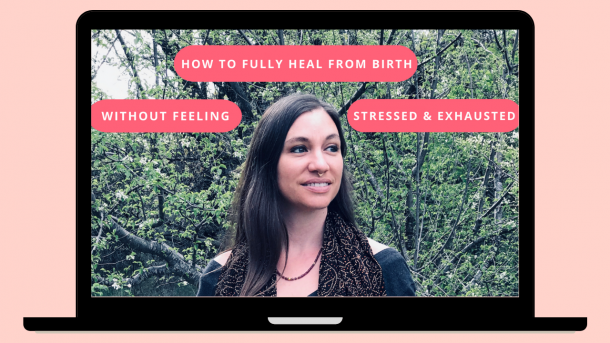
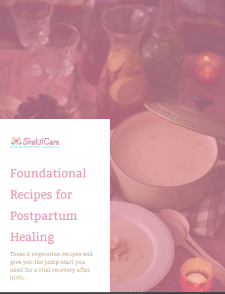


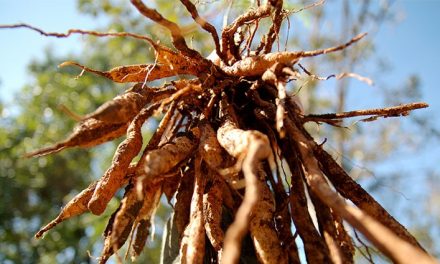

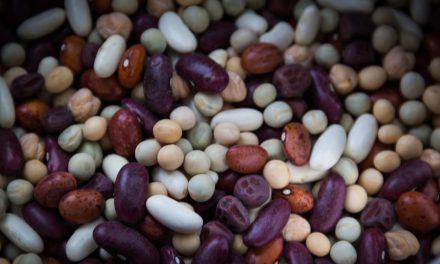

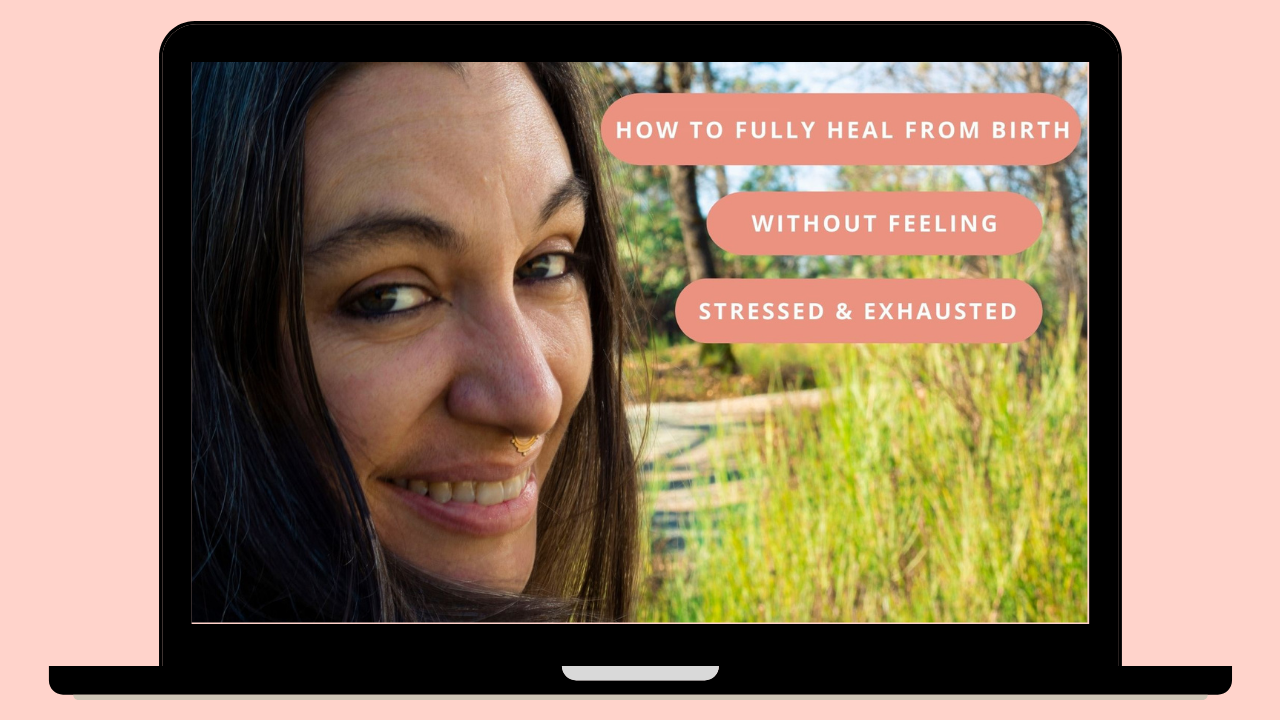




Hi Ameya, You did a great job writing this article, I followed this strictly for my wife, In this pandemic we were missing our parents, and they know all those indian postpartum healing techniques, But this was a blessing for us, Thank you very much, I wish you very best, and I shared this article with lot of my friends.
Thank you dear for your kind words. I’m very glad to hear your wife’s healing went well and this article helped you so much. Please do spread the word. All mothers deserve to thrive.
What about eggs?
Eggs are heavy so not ideal after birth when your digestion is so sensitive. Adding them to soups would be better at first.
This is awesome. Thanks for sharing this Amey. I was desperately looking for this diet plan and found one today. Only me n my husband are managing everything in this pandemic and had no knowledge of diet to follow post delivery. Unfortunately I have already completed 7 weeks of postpartum delivery and was eating everything. This has caused GERD and acid reflux in my baby. Her digestive system is all messed up. I am planning to reset evrything now. So thinking of following your plan from day-1 to day-42. Wanted to know, is it a right approach to start this diet plan even if I have completed 7 weeks.
Yes, absolutely. Reset and start over. That is the best plan. I hope you downloaded my free postpartum cookbook. If not, you can sign up for it here. There’s a form for it in this post. That’s the perfect place to start. I also recommend you take advantage of my virtual doula services. I can make a specific diet plan for you with recipes, as well as teach you Ayurvedic baby massage, which will make a big difference in your baby’s digestion and comfort. I’d be happy to coach you and your baby back into health and vitality.
Ohh what a wonderful job you did with writing this Ameya!
My due month is within 2,5 month and I cant wait to see my partner cooking some wholesome meals for baby and myself in our postpartum weeks. This is really helpful! I am so grateful, thank you!
Thank you so much for this article!
My mum had been using it as a guide for my postpartum (4 days in) care.
Please share with me the link to the postpartum diet chart and what do I need to do to get your virtual dula services.
Hi Ameya, I just found your work through reading Mama’s Menu and I am 32 days postpartum. Would you suggest that I start with the rejuvenation recipes that match how many days I am postpartum or include foods from the earlier phases since I did not follow an Ayurvedic diet for my first 32 days?
Hi Nichole! It’s likely your digestion needs work, so I would start in phase 1 or 2 in the cookbook, so you can rebuild your digestive strength. If you need any more help, please check out my online offerings here.
The link for the free recipe book doesn’t work.
Thank you for letting me know. I found the problem and it should be working fine now.😊
Hello,
This has been so interesting to read! I’m 37 weeks and prepping for babies arrival! But your site won’t send me a copy of your recipe book? It says currently not available 🙁 is there an alternative way I can get it please?
Thank you for sharing your tips!
Hi Sophie! So sorry for this! I fixed the problem and now you should be able to sign up without an issue. You will be sent an email asking to confirm your subscription when you sign up, so be sure to do that so you can get the ebook.
Congrats on the baby on the way! So glad you are already preparing for your postpartum care.
Here are 3 resources I highly recommend you check out:
Free Masterclass: How To Fully Heal From Birth Without Feeling Stressed & Exhausted
Fast Nutrition for Better Sleep, Energy, and Milk Supply
Mama’s Menu postpartum cookbook
Feel free to reach out with any more questions.😊
When you say nothing frozen or left overs, that sounds like reheating frozen soups and curries are discouraged. So how do moms fresh in postpartum without someone to make the food fresh make this work?
Yes, anything over 12 hours old loses it’s vital life force and isn’t ideal. If you were to freeze food, soups and curries would be the best choice.
If you aren’t able to hire a postpartum doula to cook for you, and you don’t have the option of family/friends to help, the best option is to buy a programable cooker, like a Instapot or Vitaclay, that also has a “keep warm” feature and do simple soups, porridges and kitcharis. It will keep warm all day and be fresh and nourishing.
You can even pre-prepare mixes of spices and dals/lentils in advance, so all you have to do is toss everything in the pot, add water and program/cook.